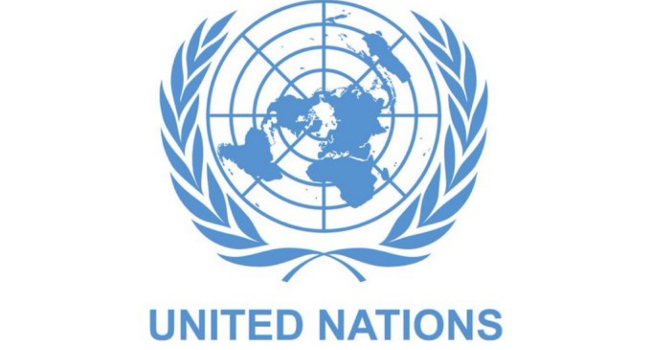The United Nations has been forced to shut down its critical air service in Nigeria’s northeast due to severe funding shortages, threatening to deepen one of Africa’s most protracted humanitarian emergencies.
The UN Humanitarian Air Service (UNHAS), operated by the World Food Programme (WFP), ended its fixed-wing operations in the country last week after nearly a decade of flying aid workers and supplies into conflict zones.
UNHAS has been instrumental in transporting humanitarian staff, medical supplies, and critical cargo to remote areas, particularly in Borno and Yobe states, where road transport remains extremely dangerous due to 16 years of conflict.
In 2024, the service carried over 9,000 passengers, and already this year, 4,500 humanitarian staff have relied on it to reach affected areas.
The shutdown highlights the growing strain on relief efforts as donor funding declines. The WFP urgently requires $5.4 million to sustain food and nutrition operations in the region for the next six months.
Without this funding, the humanitarian response in northeast Nigeria risks being cut off from the people it serves, potentially leading to devastating consequences.
Consequences of the Shutdown:
- Loss of Access: Humanitarian workers will lose safe access to remote conflict-affected communities, exacerbating hunger, displacement, and violence.
- Desperate Choices: Families may be forced into desperate choices, such as enduring worsening hunger, migrating in unsafe conditions, or falling prey to extremist groups.
- Collapsed Aid Pipelines: Critical aid pipelines will collapse unless donors step in, further isolating vulnerable populations.
The Nigerian government has provided significant support to relief efforts in the northeast, but international contributions remain crucial to sustaining operations at scale.









